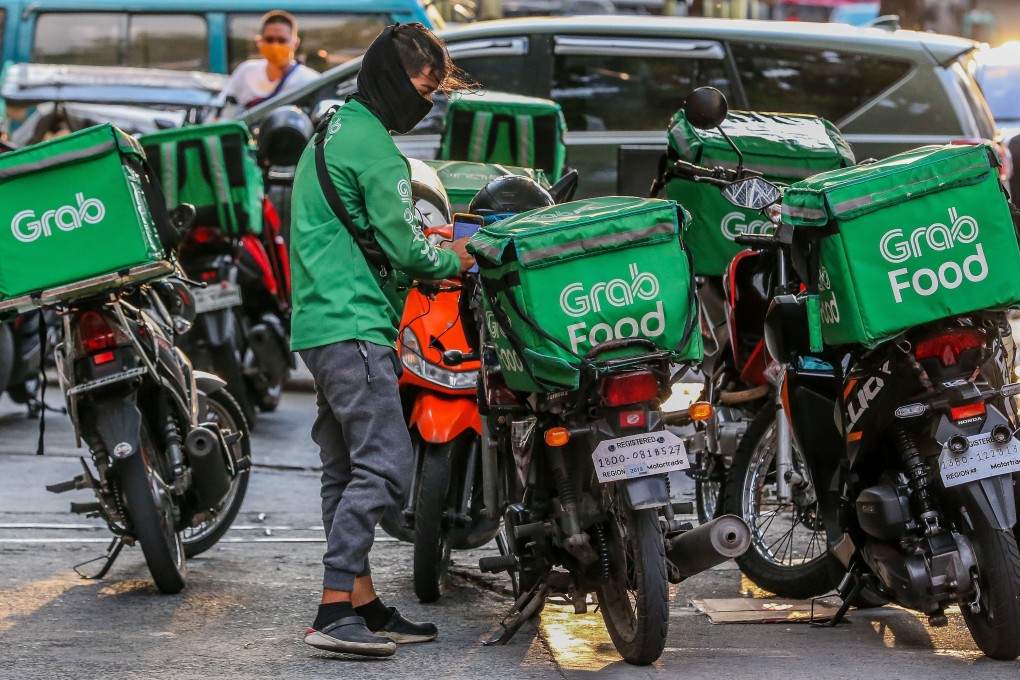Coronavirus recovery: help Southeast Asia’s small businesses move online to boost economy
- E-commerce, online media and food delivery have surged during the pandemic in a region where small and medium-sized firms provide half of all employment
- Governments in the region must enact policies that boost these firms’ entry into the digital economy, spur innovation and empower them to invest for the future

Despite the challenging environment in 2020, the momentum of Southeast Asia’s digital economy has clearly not been derailed. Google, Temasek and Bain recently reported that Southeast Asians spent, on average, an hour more a day on the internet during pandemic-imposed lockdowns, accessing essential goods, health care, education and entertainment.
Maximising the immense potential of the digital economy will be vital to the region’s overall economic recovery efforts. At the heart of these efforts sits the engine of Southeast Asia’s diverse and dynamic economy – the micro, small and medium-sized enterprises (MSMEs).
MSMEs account for 95 per cent to 99 per cent of all businesses and more than half of the total employment in all Association of Southeast Asian Nations (Asean) member states. Small and medium-sized enterprises also contribute 30 per cent to 53 per cent to each member state’s gross domestic product. Digitalisation of the region’s MSMEs so they can contribute more significantly to the economy is thus crucial.

01:37
E-commerce companies in China offer temporary jobs to thousands amid coronavirus outbreak
To that end, governments in the region must consider policies that encourage greater entry and participation of MSMEs in the digital economy, spur innovation and empower these businesses with the ability to grow and invest for the future.
